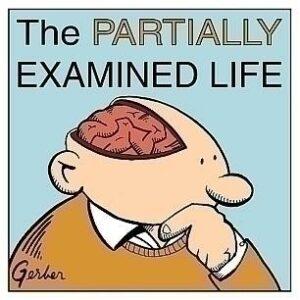
In this episode of the Modern Wisdom podcast, host Chris Williamson interviews John Lovell, former US Army Ranger and founder of the Warrior Poet Society. Lovell shares valuable insights on how to defeat your inner coward and live a life of bravery and purpose.
John Lovell draws from his experience as a former US Army Ranger to discuss how soldiers are prepared to face challenges when integrating back into the real world. He highlights the intense experiences soldiers go through, such as gunfights and raiding terrorist camps. Lovell emphasizes that fear is not a static concept but rather a dynamic process that involves lunging forward, doing well, and occasionally being set back. He also explores different fear responses, including freezing points, rage, and calmness, and emphasizes the importance of making the next right decision and staying calm in moments of terror.
According to Lovell, living well in the present requires starting with the end in mind and being able to die well. He argues that the most important aspects of life often get overshadowed by the tyranny of the urgent, and waiting until retirement to start living is overrated. Lovell encourages listeners to embrace the reality that all there is is today and to start living well now.
Lovell believes that men are made to be strong and possess warrior-like attributes that are crucial for success. He emphasizes that the virtues and strengths of a warrior extend beyond military contexts and can be applied to various areas of life. Lovell encourages men to pursue safe monogamy and faith, as they are essential aspects of a fulfilling life. He asserts that strength comes in different forms, including physical, emotional, mental, character, morality, and purpose.
Lovell challenges the notion that vulnerability equates to weakness and fragility. He argues that being vulnerable is an honest expression of oneself, while hiding vulnerability hinders personal growth. Lovell suggests that humility is a more valuable trait to model than vulnerability, as it is the center of morality. He highlights the importance of love and vulnerability, but also emphasizes the need to be vulnerable only with those who have earned one’s trust.
John Lovell’s insights on defeating your inner coward and living a life of bravery and purpose offer valuable guidance for listeners. By preparing for challenges, living well in the present, embodying warrior and poet archetypes, and overcoming fear while embracing vulnerability, individuals can lead fulfilling lives. Lovell’s perspective as a former US Army Ranger adds depth and credibility to his advice. By applying these principles, listeners can find the strength to face their fears and live authentically.